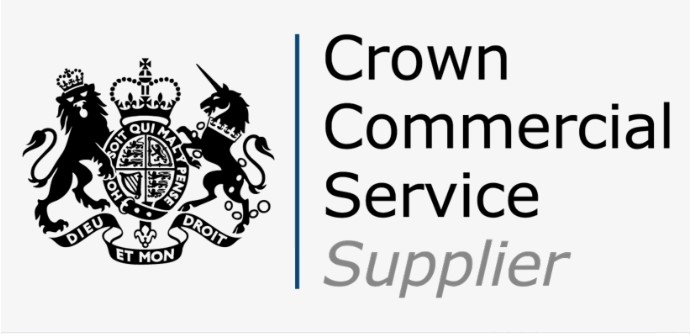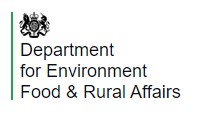In a previous post we defined Facilities Management. In this post, we will explain the importance of Facilities Management.
For people to do their best work and feel engaged in their environments, they need to be in buildings that are safe, welcoming, and efficient. Facilities management has a hand in everything that surrounds the people in facilities and on the grounds. Where they work, play, learn, and live should be comfortable, productive, and sustainable.
Superior facilities management will contribute to your organization’s bottom line, impacting the short- and long-term value of property, buildings, and equipment. Your efforts can be crucial to:
- Space optimization
- Guiding capital projects
- Energy management and maintenance
- Lease accounting
- Workplace experience
Numbers show the importance of facilities management
30% savings
Real estate is the second-highest cost for an organization and effective space management can result in cost savings up to 30%.
80% over budget
The average capital project is 80% over budget and 20 months behind schedule, but adopting capital project management technology can lead to up to a 45% reduction in overall project costs.
59% less turnover
Companies that rank high in employee engagement have 59% less turnover, 17% more productivity, and 41% less absenteeism.
30–50% savings
A smart building with integrated systems can realize 30–50% savings in existing buildings that are otherwise inefficient.

Facilities management technology
The technology in facilities management includes both software and systems. Vast amounts of data are generated by built environments through Internet of Things (IoT) sensors, wi-fi, meters, gauges, and smart devices. The most effective solutions enable facilities management departments to make good use of this data by infusing analytics and artificial intelligence (AI) into an Integrated Workplace Management System (IWMS). These technologies deliver cognitive capabilities that make computer-aided facilities management possible — so you can analyse and learn from data, enabling you to achieve real-time visibility, perform predictive facilities maintenance, and create more productive, cost-efficient environments.
Functions of facilities management
Across numerous industries and company sizes, facilities managers have a wide range of important day-to-day responsibilities. These managers need to both plan ahead and also be ready for various tasks within any given day. While the manager’s responsibilities often include:
- real estate management
- capital projects and planning
- occupancy and space management
- lease administration and accounting
- workplace experience
… there are also ways to improve the performance of each responsibility that will fill the manager’s schedule:
- deliver operational efficiencies
- create an environment conducive to productivity
- find and adopt technological solutions
- guarantee regulatory compliance
- minimize risks to facilities and employees
- reduce energy consumption costs
- reduce the carbon footprint of the real estate portfolio






